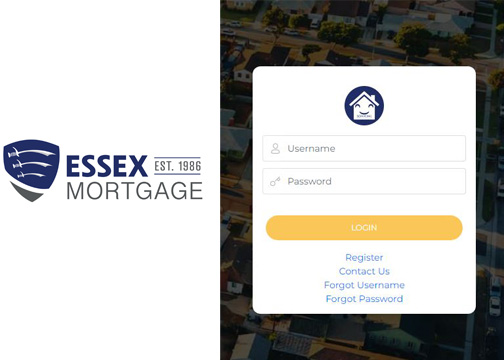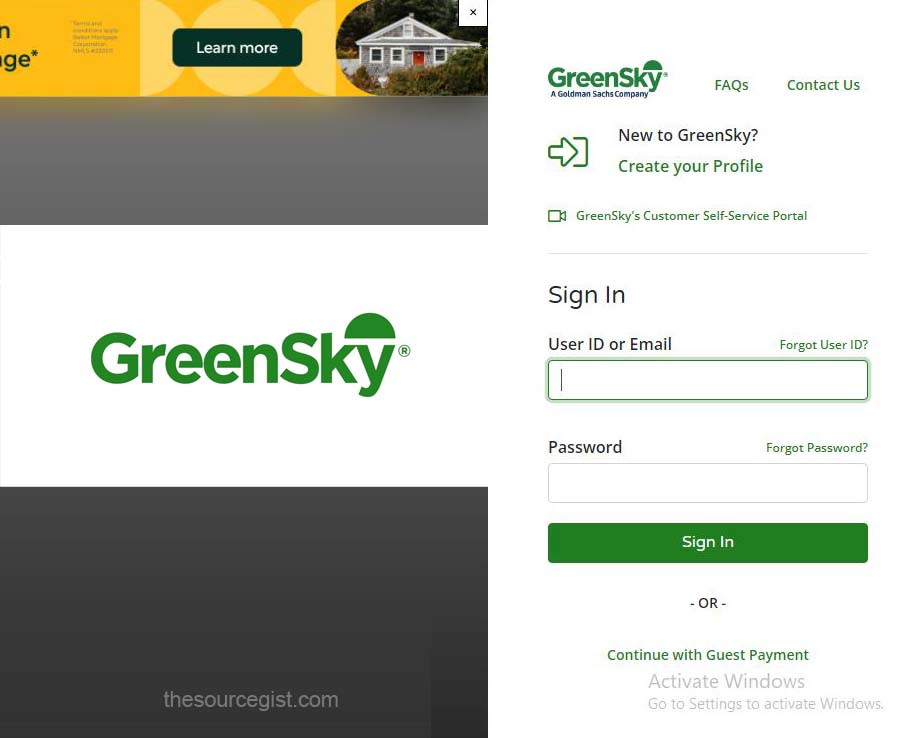There are other alternatives for individuals who need to take out personal loans but are not eligible. You can use it for several objectives, such as emergencies and significant purchases. However, a personal loan might not be the best choice for you, depending on your financial circumstances. Therefore, there are other alternatives if you consider that personal loans aren’t the right ones.

Alternative to personal loans can be simpler to handle than personal loans and offer a swift financing method. In this article, we will discuss some personal loan alternatives and other information to help you determine which one might be best for you. This would be based on your situation, such as if you need money quickly or have bad credit.
Alternative to Personal Loans
One way of obtaining a sufficient amount for your requirements you are considering is to get a personal loan. This could be used for debt repayment, unexpected expenses, a new car, or home improvements. However, there are alternatives to personal loans, despite it being convenient to get funds. Depending on certain needs and financial circumstances, you may want to consider the following alternative to personal loans:
Credit card
If you desire quick funds, a credit card seems to be the best option, as it offers a line of credit, making it simple to take out. Similar to personal loans, it covers unexpected expenses like car repairs or fridge replacement. Additionally, if you are eligible for an introductory 0% APR credit card, you might be able to reduce your borrowing costs. This could be offered as an interest-free repayment period of 21 months.
Personal line of credit
A personal line of credit (LOC) is a great alternative to personal loans because it lets you take out money up to your borrowing limit. It is also the best choice if your bank offers it since not all banks provide personal lines of credit. For instance, personal lines of credit can be beneficial if you go over budget or include improvements that weren’t your initial plans for your home improvement. You could use a personal line of credit to cover the gaps between paychecks if your income is irregular.
Home equity loan or HELOC
Using your home equity as a way to get funds is an additional alternative to personal loans. You will have access to take out money through a home equity loan or line of credit if you have adequate equity. To get either loan, your home will serve as collateral to get funds. Additionally, you can take out the necessary amount, as HELOC offers an open line of credit. Repayment will be set for some years, but it may also include a sizable balloon payment close to the end of the term. However, a home equity loan offers you a lump sum of money that you repay over time in fixed installments.
Peer-to-peer loan
A peer-to-peer (P2P) loan offers one of the best alternatives to personal loans for borrowers with fair or bad credit. Individual investors who fund peer-to-peer loans would be active in working with borrowers who have poor credit reports and scores. In addition, the interest rate you get might be less than what a traditional lender would charge. You must apply on an online peer-to-peer platform in order to be eligible for a peer-to-peer loan. The platform will match you with possible investors who will ultimately determine whether or not to fund your loan if it is approved.
Life insurance policy loan
Instead of taking out a personal loan, you might be able to take out some of the money that has accrued if you have a permanent life insurance policy. You may be able to access part of your income, similar to a homeowner accessing cash from their house’s equity. Your policy acts as collateral for a life insurance loan, similar to how your house acts as collateral for a home equity loan or line of credit. Repayment terms for loans made against your life insurance policy are typically negotiable. The outstanding loan balance may reduce your death benefit amount, even if your insurer doesn’t demand repayment of the loan.
Retirement loan
If your employer permits it, you may take out a loan against your employer-based retirement account, such as a 401(k) plan. You can withdraw funds from your account with a 401(k) loan, provided that you agree to reload it into your account on a regular basis with interest. Also, retirement loans have a five-year repayment period. You might have to pay back the loan within 60 days, though, if you quit your job before it’s due. If not, the remaining amount will be deemed an early withdrawal, which entails paying taxes and penalties. A 401(k) loan can make sense for someone who wants to repay themselves and who reasonably expects to remain in their job for five years.
Salary advance
You may be eligible to receive some of your paycheck early instead of obtaining a payday loan or withdrawing money from your retirement account. However, these programs are contingent upon the policies of your employer. Certain employers provide these programs as an advance program or let you speak with the HR department on an individual basis. You might return the advance all at once or a little at a time, depending on the program. Other expenses and administrative fees may also apply. Furthermore, some programs are free of charge and can serve as a suitable substitute for payday loans.
Final Thought
Flexible funding options are sometimes provided by personal loans, but not everyone can always access them. A credit card, a home equity line of credit (HELOC), or even a salary advance are some alternatives you can obtain if you don’t qualify for or don’t think a personal loan would work for your situation. When deciding how best to obtain funding, take your needs and circumstances into serious consideration.





